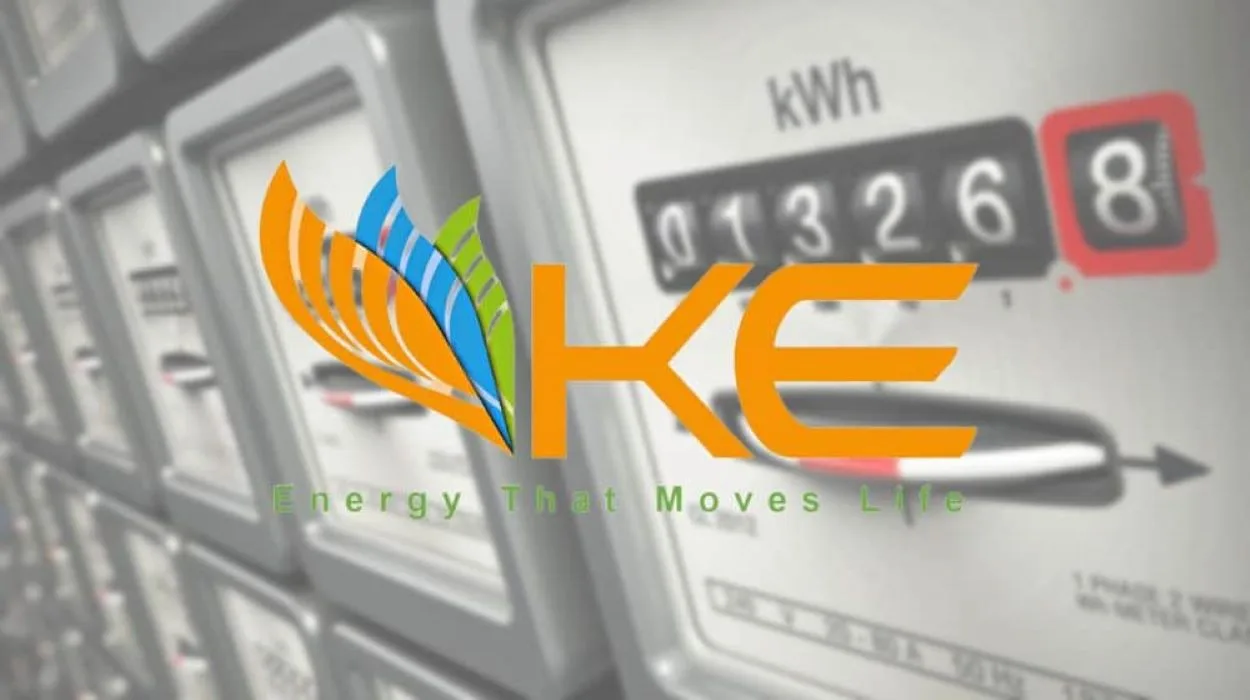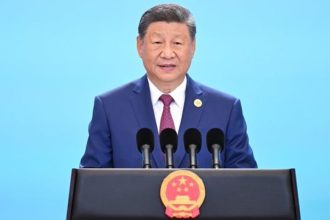The federal government has imposed a Rs1.52 per unit surcharge on all K-Electric electricity consumers. This additional charge, applicable to all consumers irrespective of consumption limit or category, aims to generate about Rs25 billion in revenue for the current fiscal year. The surcharge will apply even to life consumers using less than 50 units per month. This measure comes on top of an average Rs30 per unit national base tariff, a Rs3.23 per unit financing cost surcharge, various taxes and duties, and variable quarterly tariff adjustments and fuel cost adjustments.
The surcharge was necessitated due to over 15 months (between July 2019 and September 2020) of stay orders secured by K-Electric against its Multi-Year Tariff (MYT) approved by the regulator in July 2018. Consequently, customers of other distribution companies had to pay higher rates approved by the regulator. However, this situation raises concerns as new consumers, who may not have been in the country’s largest port city three years ago, will bear the burden of consumers from the previous period who may have moved out.
NEPRA to Hold Public Hearing
In compliance with legal requirements, the Power Division has requested the National Electric Power Regulatory Authority (NEPRA) to convene a public hearing before issuing a notification. NEPRA has scheduled a public hearing for August 15 to finalize the request.
In justifying the surcharge, the Power Division cited section 31, sub-section (8) of the NEPRA Act, which allows for additional surcharges to be collected from any or all categories of consumers as the federal government may charge and notify in the official Gazette. The surcharge will be considered a cost incurred by the electric power supplier and included in the notified tariff. Such surcharges are typically levied for funding public sector projects or fulfilling any financial obligations of the federal government for electric power services.
Under the National Electricity Policy 2021, the government has the power to maintain a uniform consumer-end tariff for K-Electric and state-owned distribution companies, even after privatization, through direct or indirect subsidies.






